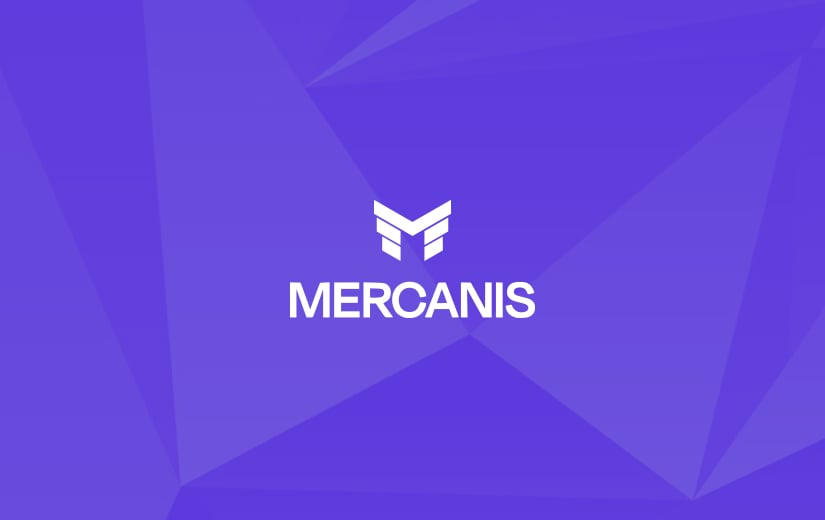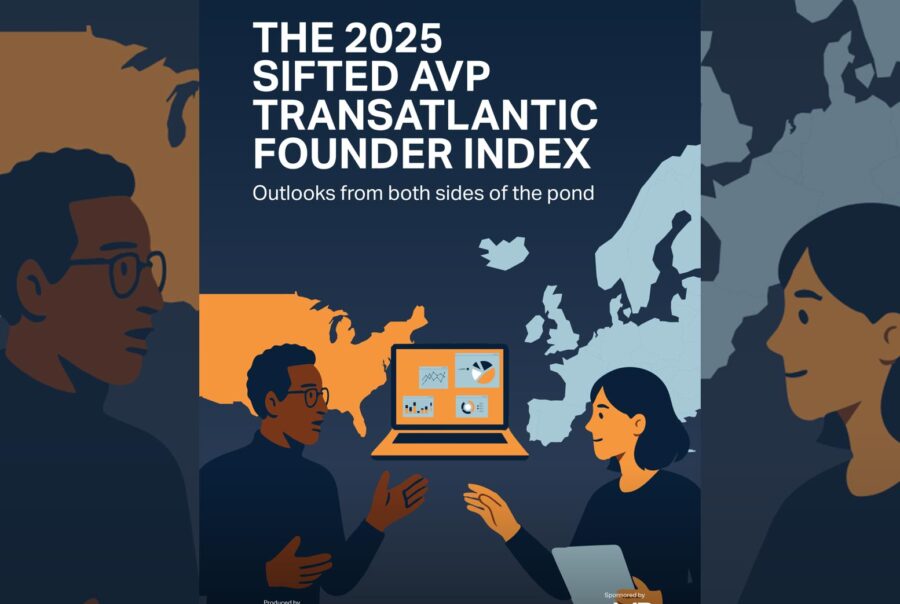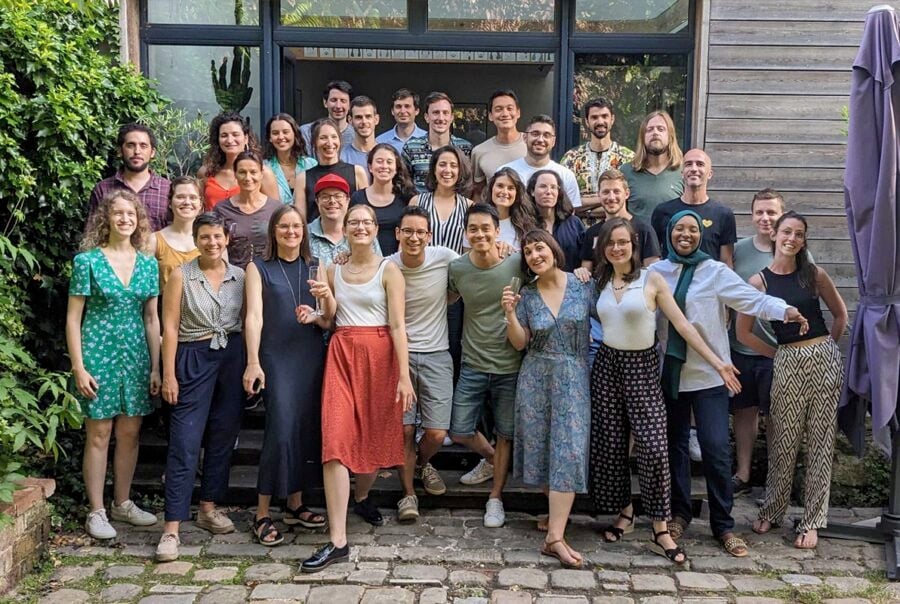The food & grocery delivery market has been on a roller-coaster ride over the past few years. Everyone has in mind the ultra-fast delivery services providers that almost totally disappeared from the radar after having raised billions. Basically, these logistics-heavy and operationally complex businesses need to scale significantly to reach profitability (almost mission impossible though in the case of instant delivery providers). More generally speaking, in a world where profitability (and cash generation) has become the new #1 objective at the expense of growth, e-commerce companies that heavily rely on marketing to acquire new customers find themselves in a vicious cycle.
This is why most of investors has become chilly when it comes to B2C e-commerce. Fortunately, not all of them. The anti-waste food delivery space has actually been very active over the last quarters with several fundraisings (e. g. Matsmart, Willy Anti-Gaspi, Atypique, Ida, among others). Plus, some giants in the industry have been recently very explicit on their ambition to further consolidate the market through M&A (dixit unicorn Misfits Market CEO Abhi Ramesh in July 2023¹).
Amid all of this, Bene Bono – a French company that managed to reach 20k customers across France and Spain by selling “ugly but tasty” fruits & vegetables as well as grocery products that usually go into the garbage – secured a €10 million Series A funding round. At AVP, we decided to support their mission and to lead this round.
So, as investors, why being so confident about Bene Bono?
1. We are confident about the ambitious roadmap towards profitability.
Beno Bono has already reached good margin levels and unit economics with a credible roadmap to further enhance them towards profitability. This roadmap is clearly intertwined with technological advancements and execution excellence. Ultimately, it’s a bet on AOV boost and operational improvements while maintaining excellent unit economics through strong retention rates. With the full customization launch in Q4 2023, Bene Bono has pivoting from a weekly basket delivery service with add-ons to a subscription-based e-grocery store model. By adding hundreds of new products to the platform and launching new grocery categories (such as pet food or home and personal care), they can address a broader scope of consumers’ needs and eventually replace the traditional store in the longer-term. Tech assets need to be impeccable to address this ambitious roadmap and the operational complexities that go with it (managing a tricky supply chain, digitizing human-based warehouses operations, meeting demanding client expectations, managing data quality, etc.). And all that concerto needs to be orchestrated perfectly.
2. We are confident about the team and their execution capabilities.
Grégoire (CEO), Sven (CMO) and Claire (COO) bring complementary skill sets to the stable, leveraging their respective experience in complex operations-heavy businesses, foodtech companies and strategy consulting. Together with a team of 100 passionate and experienced people, they share a common mission: building a leading and profitable company to make the biggest impact possible.
3. We are confident about consumers’ increasing awareness about food waste and the increasing shift towards more sustainable consumption habits.
We do we think Bene Bono’s mission is crucial. 1.3 billion tons of food was wasted globally in 2023, which corresponds to 1/3 of food produced on Earth. On the other hand, there are still 700 million people around the world who suffer from hunger, and three billion lack access to healthy food². The waste occurs not only on consumers’ plates but also upstream in the value chain: in France, more than 50% of waste occurs at production and processing levels. So, by extension, that would mean that 10-15% of food produced is already wasted at production/transformation level. Fruits & vegetables are thrown away because of overproduction or just because they don’t meet the requirements of distributors and supermarkets in terms of shapes, sizes, or colors. And even beyond fruits and vegetables, there are also grocery products that don’t make it to our shelves due to aesthetic imperfections, packaging issues, or a too-short expiration date. This is even more absurd considering that agriculture and food production is the second most polluting industries today³, after fuel & energy industry.
Fortunately, public awareness has been increasing and influencing the shift in consumption habits towards more organic, seasonal products with short and local supply circuits. And this observation doesn’t concern only upper and urban classes. In an inflationary era, we believe it is crucial to provide consumers with a more affordable and qualitative alternative to traditional supermarkets. By consuming products that are up to 40% cheaper, Bene Bono’s customers save on average €200/year – basically, it not only benefits the planet but also your wallet!
4. We are confident that Bene Bono is well positioned to take a leadership position in Europe to be able to save hundreds of thousands of tons of food from wastage.
While most European e-grocery providers remain primarily local, Bene Bono has successfully expanded internationally by entering the Spanish market, with already 6 cities opened and the ambition to grow locally. In any case, there is no doubt that the supply (10-15% of food production normally wasted) can support the emergence of multiple European leaders. As demonstrated before, we believe that the demand is already there. Since its inception, Bene Bono has saved more than 4,000 tons of food from wastage. In the coming years, the initiative is expected to prevent hundreds of additional tons of food waste, not to mention the significant environmental benefits (including the reduction in CO2 emissions and conservation of water) of promoting short and local supply circuits. These are tangible figures. This is making a genuine impact.
By investing in Bene Bono, we will create value while making a real impact in the future and we are very proud to achieve both.
1. Techcrunch
2. Food and Agriculture Organization of the United Nations report 2021
3. IPCC’s Special Report on Climate Change and Land






